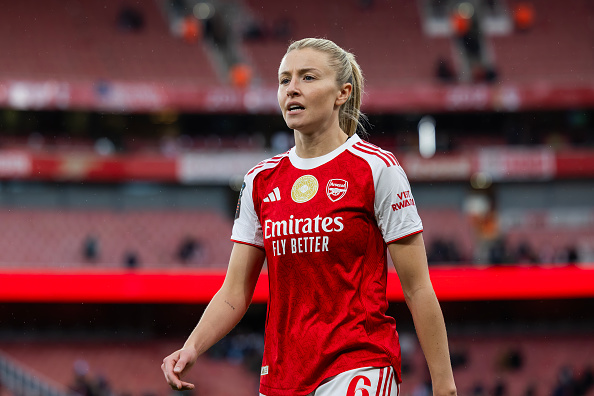EFL chair does not rule out end to Saturday afternoon blackout in future TV deal

The best features, fun and footballing quizzes, straight to your inbox every week.
You are now subscribed
Your newsletter sign-up was successful
Want to add more newsletters?

Five times a week
FourFourTwo Daily
Fantastic football content straight to your inbox! From the latest transfer news, quizzes, videos, features and interviews with the biggest names in the game, plus lots more.

Once a week
...And it’s LIVE!
Sign up to our FREE live football newsletter, tracking all of the biggest games available to watch on the device of your choice. Never miss a kick-off!
Join the club
Get full access to premium articles, exclusive features and a growing list of member rewards.
EFL chair Rick Parry has not ruled out an end to the Saturday afternoon blackout in any future television deal.
Televised games are not permitted between 2.45pm and 5.15pm on Saturdays in the UK.
The block, which associations are allowed to impose under Article 48 of UEFA regulations, dates back to the 1960s and is designed to protect live attendance at matches throughout the football pyramid.
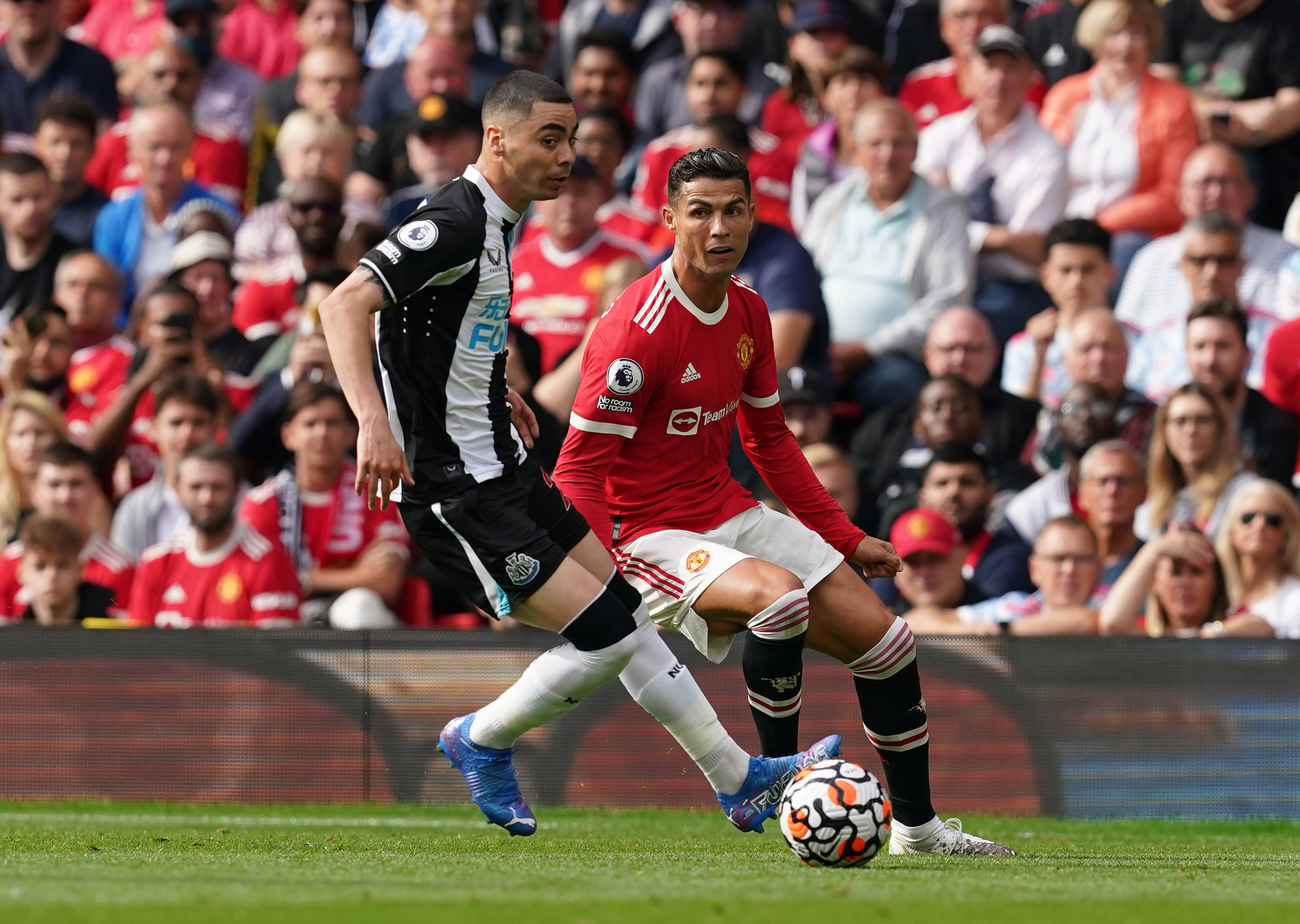
It was temporarily lifted when spectators were barred from stadia due to the coronavirus pandemic but restored for the current season, meaning games such as Cristiano Ronaldo’s second debut for Manchester United could not be screened live to a UK audience.
Parry wants EFL rights to be sold alongside the Premier League in return for his competition securing 25 per cent of all revenue, arguing that rebalancing would help remove the “cliff edge” which exists between the top flight and the Championship.
As part of that, he concedes creativity and a new approach over kick-off times might be needed, and says the EFL will look at all options even if its next TV deal is brokered without the Premier League.
He told the PA news agency: “I don’t see (an end to the blackout) as being essential. Having said that, I don’t necessarily rule it out.
The best features, fun and footballing quizzes, straight to your inbox every week.
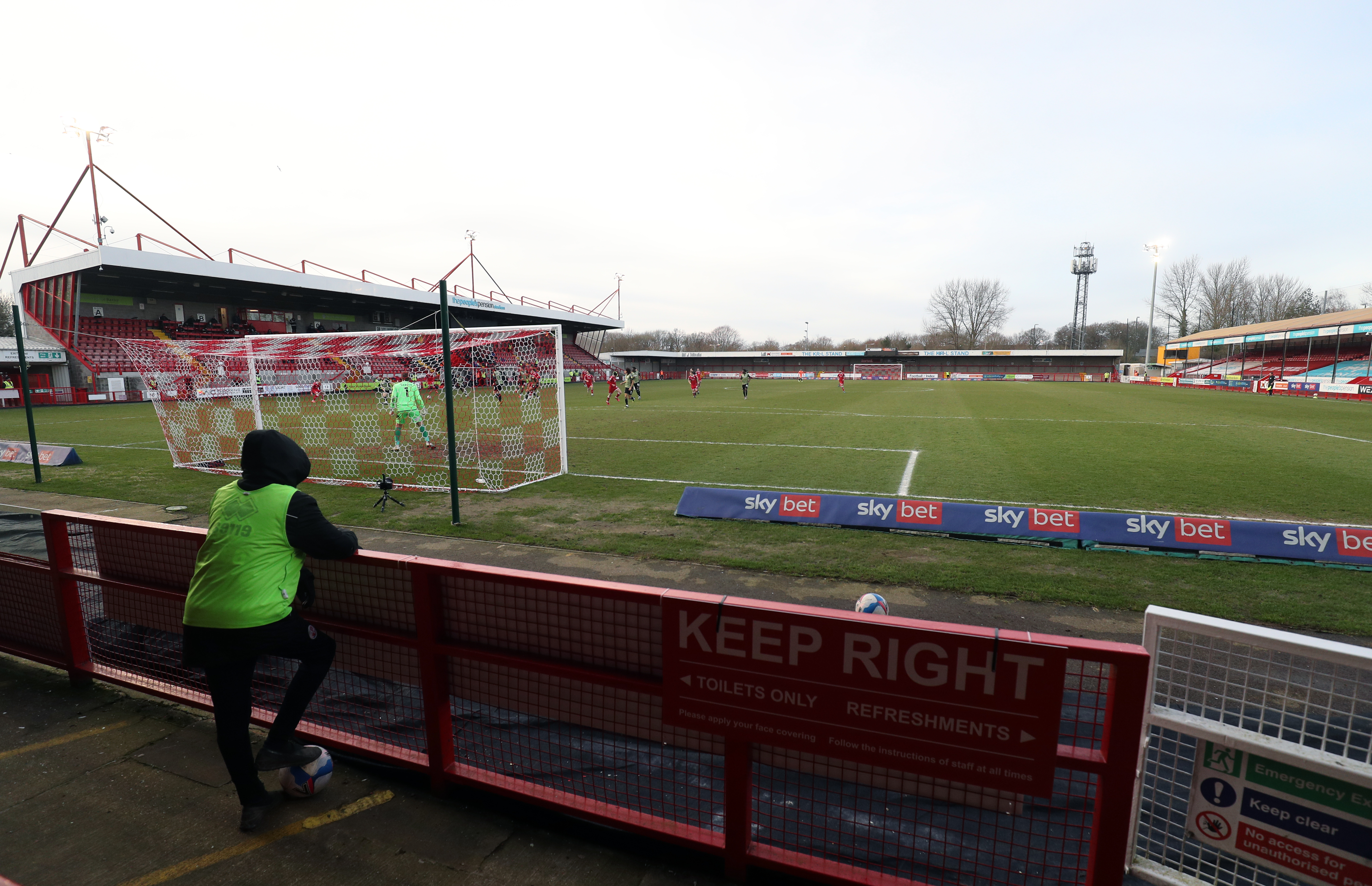
“We are almost unique in Europe now in having a blackout period. I’m not presuming that it goes, but equally, if we’re looking at streaming, at new technologies and new broadcasters, we will probably have to be open-minded in terms of scheduling.
“And I know that at the EFL we will be looking at these things in any event. Our TV deal is up in 2024 and unusually we will be going ahead of the Premier League.
“Already our people are putting a lot of time and effort into studying developments looking at different potential strategies.”
The revenue split Parry is seeking was one of the key proposals contained within the hugely-controversial Project Big Picture plans, details of which were first published by the Telegraph exactly a year ago.
Parry’s public support for the plans once they emerged upset the Premier League, but he says there are no personal issues between him and the league’s chief executive Richard Masters, or its chair Gary Hoffman.
He said: “It’s not an elephant in the room. What you have to remember is that the (then) chairman of the FA (Greg Clarke) invited the chief executive of the Premier League, the chairman of the EFL and a number of clubs to discuss the major issues facing English football.
“This was not, as it’s been portrayed, some ‘smoke-filled rooms’ initiative, this was a serious attempt to address some major issues.”
Parry said Big Picture had been a potential vehicle to air concerns over the inequalities in the game.
He said the strategic review, which the Premier League accelerated after Big Picture was rejected by the top-flight clubs, could also address it, but said he had not seen much evidence of that yet.
Parry admits “external influence” may be needed to break the impasse on revenue distribution, which could come via Tracey Crouch’s fan-led review of football governance. The recommendations of the review are set to be published later this month.
“This is absolutely not about the EFL looking for charity from the Premier League, nor is it the EFL versus the Premier League,” he said.
“It’s absolutely about the sustainability of every club, the purpose is making clubs sustainable and that needs two things – redistribution of revenues and better financial regulation, it’s a very simple recipe.”
He also reiterated his call to end parachute payments made to clubs relegated from the top flight, which he insists distort the Championship in particular.
“Really the clue is in the name – nobody ever needed a parachute for falling off a step. You need a parachute because clubs are falling off a cliff,” he said.
“Well, let’s address the cliff – and then parachutes won’t be necessary.
“We need to think of one pyramid and a seamless transition, where relegation isn’t a catastrophe and where promotion doesn’t present enormous challenges.
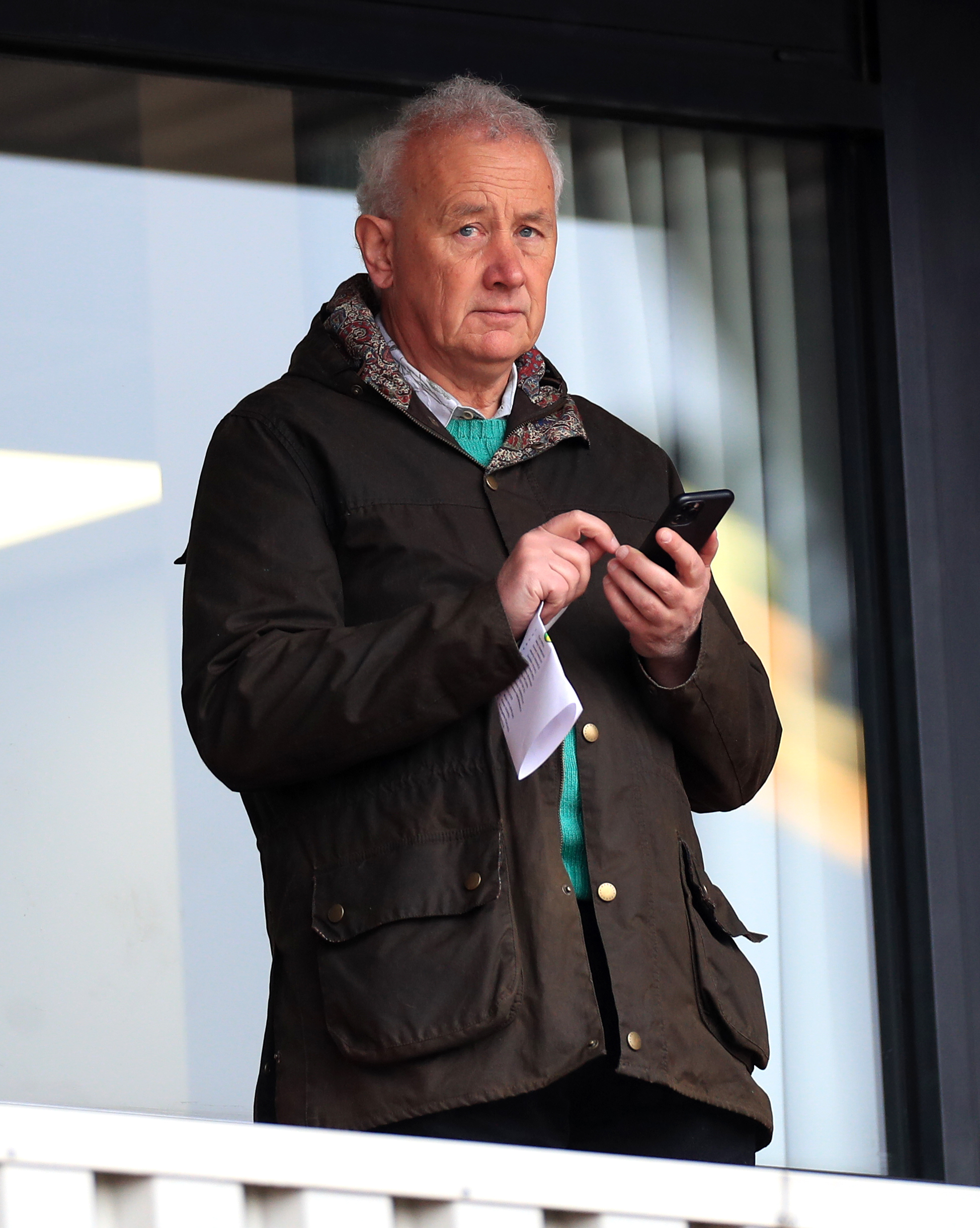
“There’s no doubt, we’ve got to be realistic, the economics of the Championship are broken.”
To that end, Parry wants new financial sustainability rules, including capping wages at 60 per cent of turnover throughout the EFL.
“UEFA are making changes which are not too far removed from our own thinking,” Parry said.
He does not believe football needs an independent regulator, but accepts one is almost certainly coming following the interim findings from Crouch published in July.
Asked about whether there was a role for an independent regulator in setting financial rules, he said: “We believe it is perfectly legitimate for leagues and sporting governing bodies to have their own financial rules.
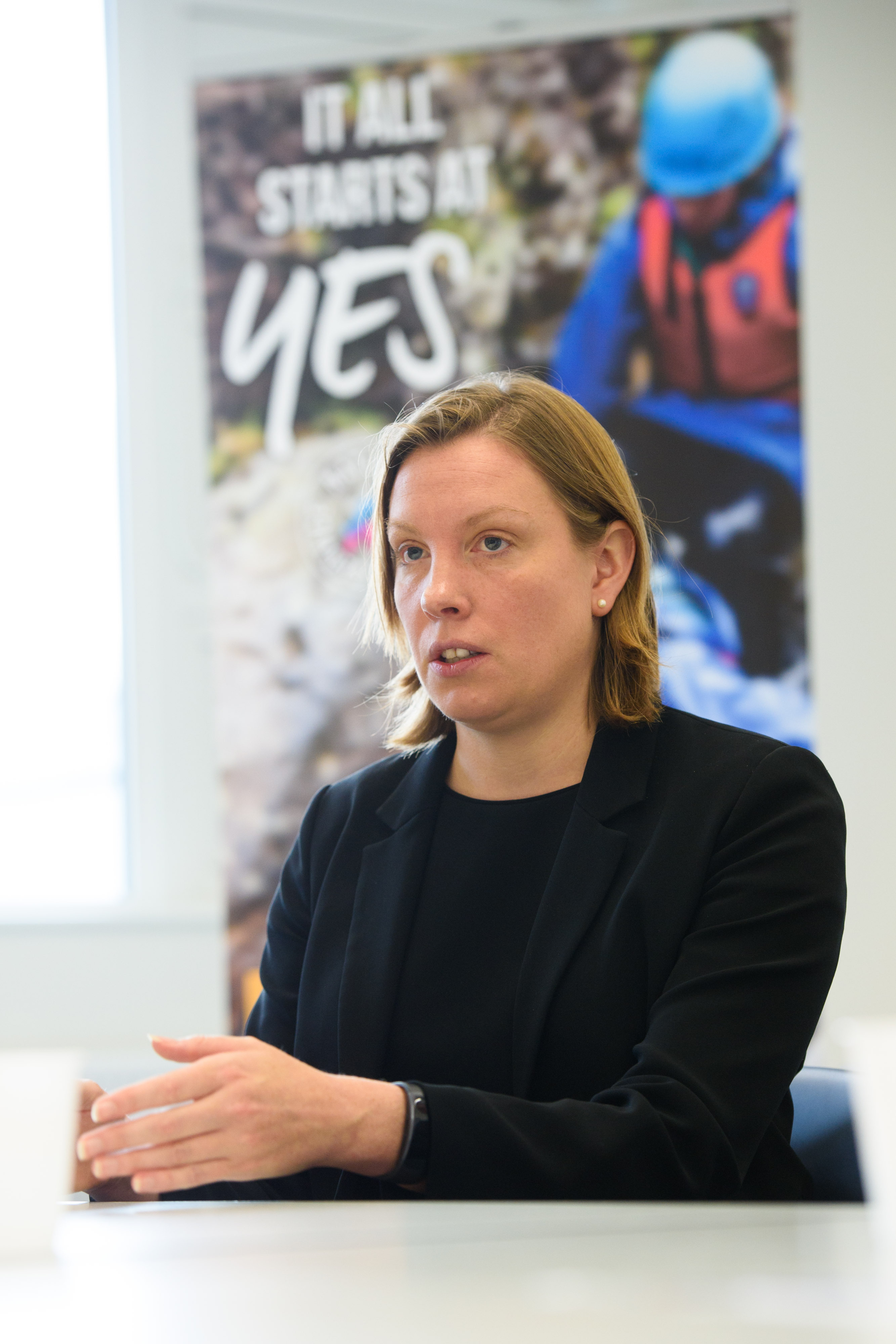
“Financial fair play, we believe, falls squarely into that. It flows down from UEFA and the thing the Government have to bear in mind is that we’re not operating in a vacuum. So we do need that degree of consistency.”
The interim Crouch findings also favoured a fan veto over club heritage matters, such as changes to the badge, club colours or stadium ownership.
Parry believes the FA does a good job of managing those issues currently, but said: “I have every sympathy with protecting the heritage. If you look at nearly all the instances where clubs have had difficulties, it has followed a change of ownership of the stadium. That is almost inevitable.
“So protecting the stadium, protecting heritage, if the regulator wants to take it on, I have no problem at all with that.”
 Join The Club
Join The Club










